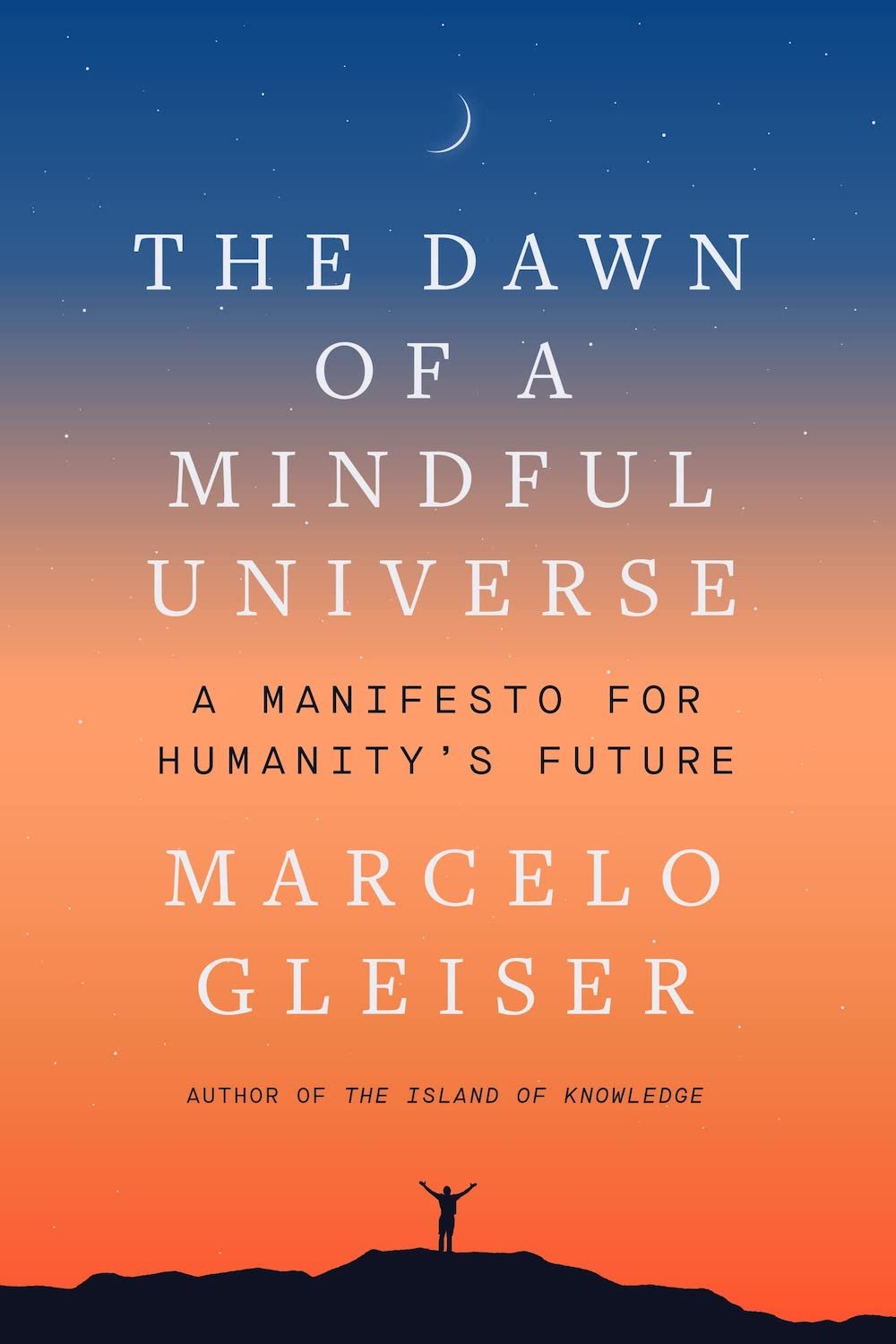With Adam Frank and Evan Thompson
It’s tempting to think that science gives us a God’s-eye view of reality. But we neglect the place of human experience at our peril. In The Blind Spot, astrophysicist Adam Frank, theoretical physicist Marcelo Gleiser, and philosopher Evan Thompson call for a revolutionary scientific worldview, where science includes—rather than ignores or tries not to see—humanity’s lived experience as an inescapable part of our search for objective truth. The authors present science not as discovering an absolute reality but rather as a highly refined, constantly evolving form of human experience. They urge practitioners to reframe how science works for the sake of our future in the face of the planetary climate crisis and increasing science denialism.
Since the dawn of the Enlightenment, humanity has looked to science to tell us who we are, where we come from, and where we’re going, but we’ve gotten stuck thinking we can know the universe from outside our position in it. When we try to understand reality only through external physical things imagined from this outside position, we lose sight of the necessity of experience. This is the Blind Spot, which the authors show lies behind our scientific conundrums about time and the origin of the universe, quantum physics, life, AI and the mind, consciousness, and Earth as a planetary system. The authors propose an alternative vision: scientific knowledge is a self-correcting narrative made from the world and our experience of it evolving together. To finally “see” the Blind Spot is to awaken from a delusion of absolute knowledge and to see how reality and experience intertwine.
The Blind Spot goes where no science book goes, urging us to create a new scientific culture that views ourselves both as an expression of nature and as a source of nature's self-understanding, so that humanity can flourish in the new millennium.
What People Are Saying About The Blind Spot
“An intriguing and important reflection on the complexity of the role that we ourselves play within the scientific world picture.”
— Carlo Rovelli, author of The Order of Time and Seven Brief Lessons on Physics
“Can we aspire for knowledge more comprehensive and truer than our current scientific one? Frank, Gleiser, and Thompson’s brilliant answer is yes: one that celebrates its accomplishments yet is fully aware of what still needs to be done—and urgently. The Blind Spot breaks ground for research and education in the third millennium, shielding science from its worst enemies by offering a realistic and original program to heal our divided world and our ailing planet.”
— Jimena Canales, author of The Physicist and the Philosopher: Einstein, Bergson, and the Debate That Changed Our Understanding of Time
“We are in a crisis that is global, civilizational, existential in scale. A conceptual transformation is needed. The Blind Spot shows us why.”
— Stuart A. Kauffman, author of A World Beyond Physics and At Home in the Universe
“This is a very important book that has the potential to become a classic text. ... Being aware of the Blind Spot is a necessary step toward reinscribing human experience back into science’s core.”
— Science
“This is by far the best book I've read this year.”
— Michael Pollan, Professor of the Practice of Non-fiction, Harvard University; #1 New York Times bestselling author
“(A) stimulating manifesto for changing the way we look at things.”













